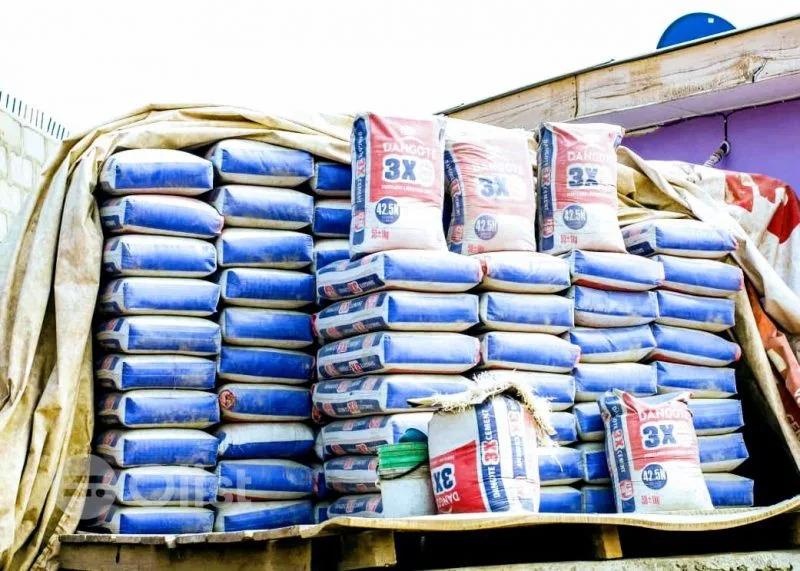The recent surge in cement prices has sent shockwaves through Nigeria’s real estate market, leading to an unexpected rise in property abandonment. Cement, a crucial building material, has witnessed a dramatic increase in prices due to various factors including disruptions in the supply chain and heightened demand.
This surge has created significant challenges for property developers and homeowners alike, prompting a worrying trend of abandoned properties across the country.
For property developers, the skyrocketing prices of cement pose a formidable challenge.
They are now faced with the difficult decision of either absorbing the additional costs, risking reduced profits, or passing them on to consumers through higher property prices.

In regions already grappling with affordability issues, such cost escalations exacerbate the challenges of accessing homeownership, potentially dampening demand.
Homeowners are also feeling the pinch of escalating maintenance and renovation costs as a result of the surge in cement prices. Many are now confronted with the dilemma of whether to invest in costly repairs or abandon their properties altogether.
The surge in cement prices, which has seen prices double within a short period, has been initiated by producers.
Retail prices have soared from N7,000 to N9,500 and even as high as N13,000 nationwide. Consequently, some property developers have halted construction projects, while individuals constructing their residences are renegotiating terms with contractors.
READ ALSO: Top 5 Cement Manufacturers in Nigeria: Leading Brands and Market Prices
This surge in cement prices is expected to have far-reaching effects, leading to a rise in abandoned properties and hindering efforts to bridge the housing deficit gap. Stakeholders in the real estate sector have expressed concerns over the implications of the price hike, warning that it could further exacerbate the housing crisis in Nigeria.
Government officials have also weighed in on the matter, with the Minister of Housing and Urban Development, Ahmed Dangiwa, calling for a meeting with cement manufacturers to address the issue. Dangiwa expressed dismay at the continuous increase in cement prices, emphasizing the need for affordable building materials to enhance access to housing in Nigeria.
Despite negotiations between cement manufacturers and the government, developers in the built environment have rejected the proposed retail prices, arguing that they are unsustainable for the average Nigerian.
They advocate for a return to basic building materials and the exploration of alternative construction methods to mitigate the impact of the cement price surge on the housing sector.
As the real estate market grapples with the fallout from the surge in cement prices, stakeholders are calling for urgent interventions to stabilize prices and ensure affordability in the housing sector.



